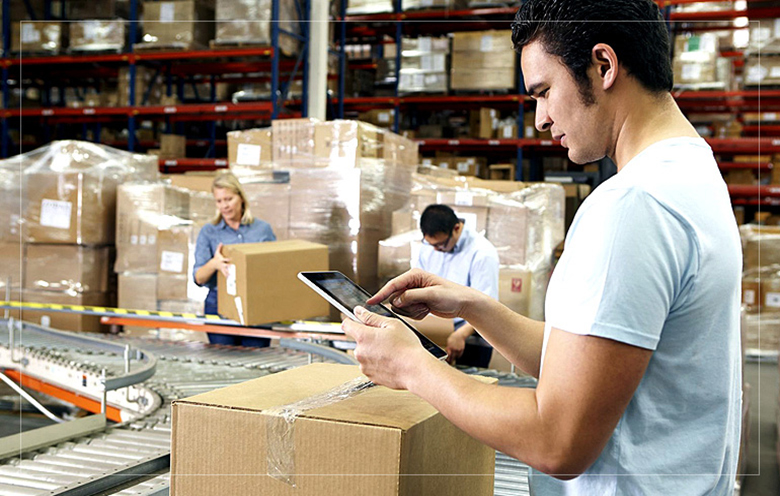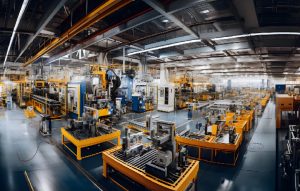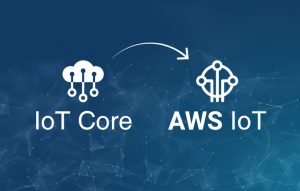It’s always been the biggest challenge in the logistics sector to keep track of where everything is. While most transportation & logistics service providers are already using mobile technologies, a changing regulatory environment, rising labor rates, increased traffic, and the volatile nature of fuel prices continue to make operations challenging. On top of that, companies are also facing rising demand from the market with a growing need for more transparency.
The latest developments in AI and IoT are shaping the future of logistics with data-driven, intelligent supply chains that use machine learning systems. AI delivers an opportunity for the next level of optimization in logistics while allowing businesses to be flexible and fast with the changing customer demands and industry trends.
Real-time tracking and remote monitoring solutions for smart logistics
Since IoT and AI has a huge potential to keep almost everything connected (e.g., assets, trucks, etc.) using embedded sensors, it provides unprecedented visibility into personnel, operations, equipment, and transactions. With the right intelligent solution in place, companies can connect all assets across a centralized cloud network, and capture critical data for further analysis with ML models to make sure everything is in order. As it facilitates assets tracking and remote fleet management, companies can effectively ensure compliance, improve performance and agility, and reduce risk.
Once a proper IoT-enabled infrastructure is created and deployed, it enables organizations to easily locate and monitor key assets to optimize logistics, prevent quality issues, and maintain inventory levels. Users can analyze the collected data and identify patterns to take the right actions and optimize business processes. IoT-driven solutions allow fleet managers to monitor and manage everything from a single place, which helps them make informed decisions about how goods are monitored, stored, routed, and delivered to customers. A recent study suggests that companies that invested in IoT have observed a dramatic increase in their efficiency.
Through an increasing number of embedded sensors, connected devices, and analytics technologies, companies in transport and logistics can more intelligently exploit their rich and complex data asset base, optimize operations, and create new revenue possibilities. AI-generated predictive analytics can be used to avoid risk, optimize routes, predict demands, prevent inaccurate stocking, and respond proactively to future developments.
What you can do with IoT in logistics:
Remote asset tracking
Predictive asset maintenance
Real-time fleet management
Warehouse capacity optimization
Route optimization
The logistics business requires a lot of planning, flexibility and ability to adjust when unexpected circumstances occur. AI and IoT not only automate a lot of processes but also help companies to save a considerable amount of money and time spent in ensuring smooth operations. Contact us if you want to learn more about deploying AI in your logistics business.









